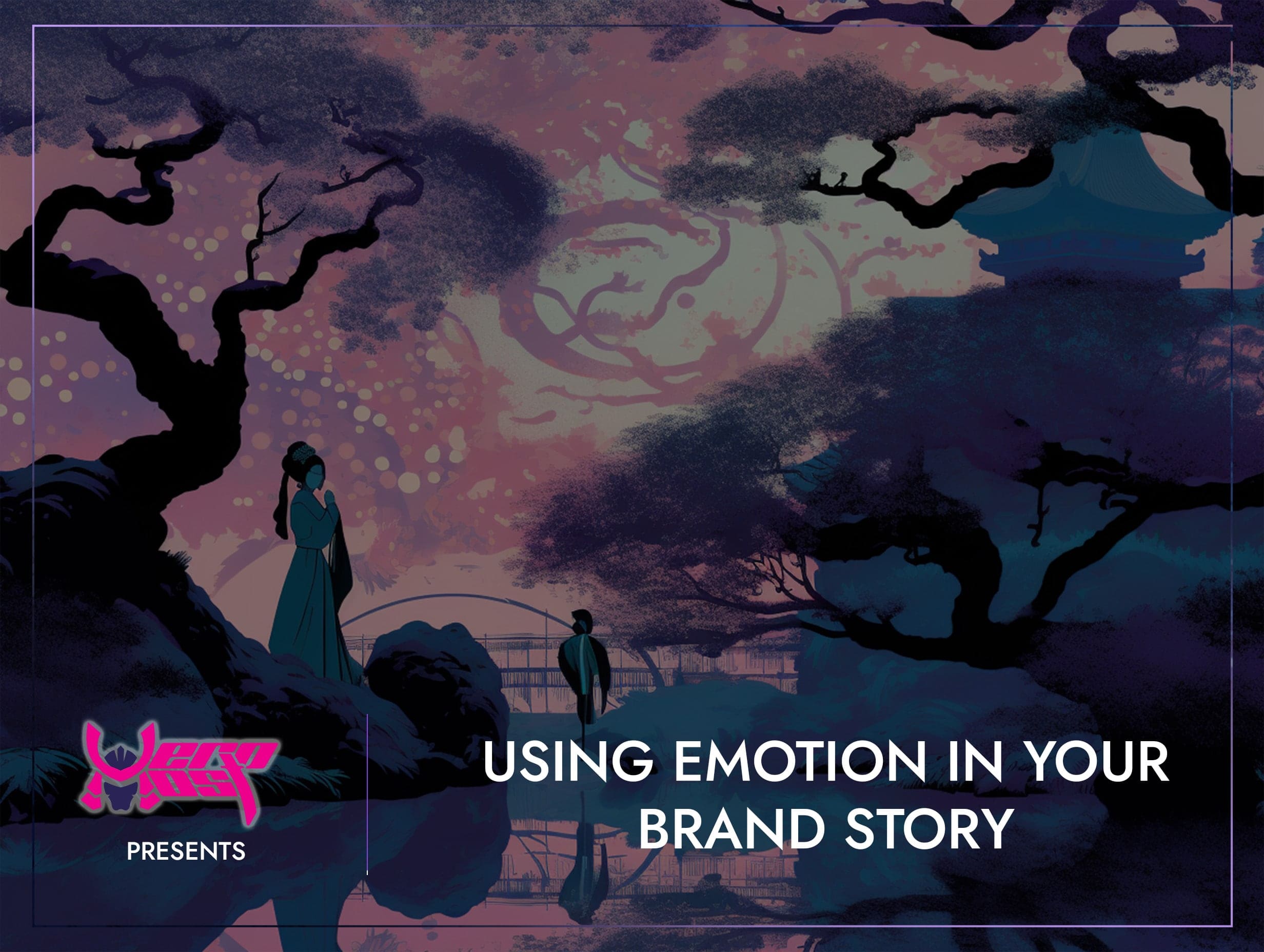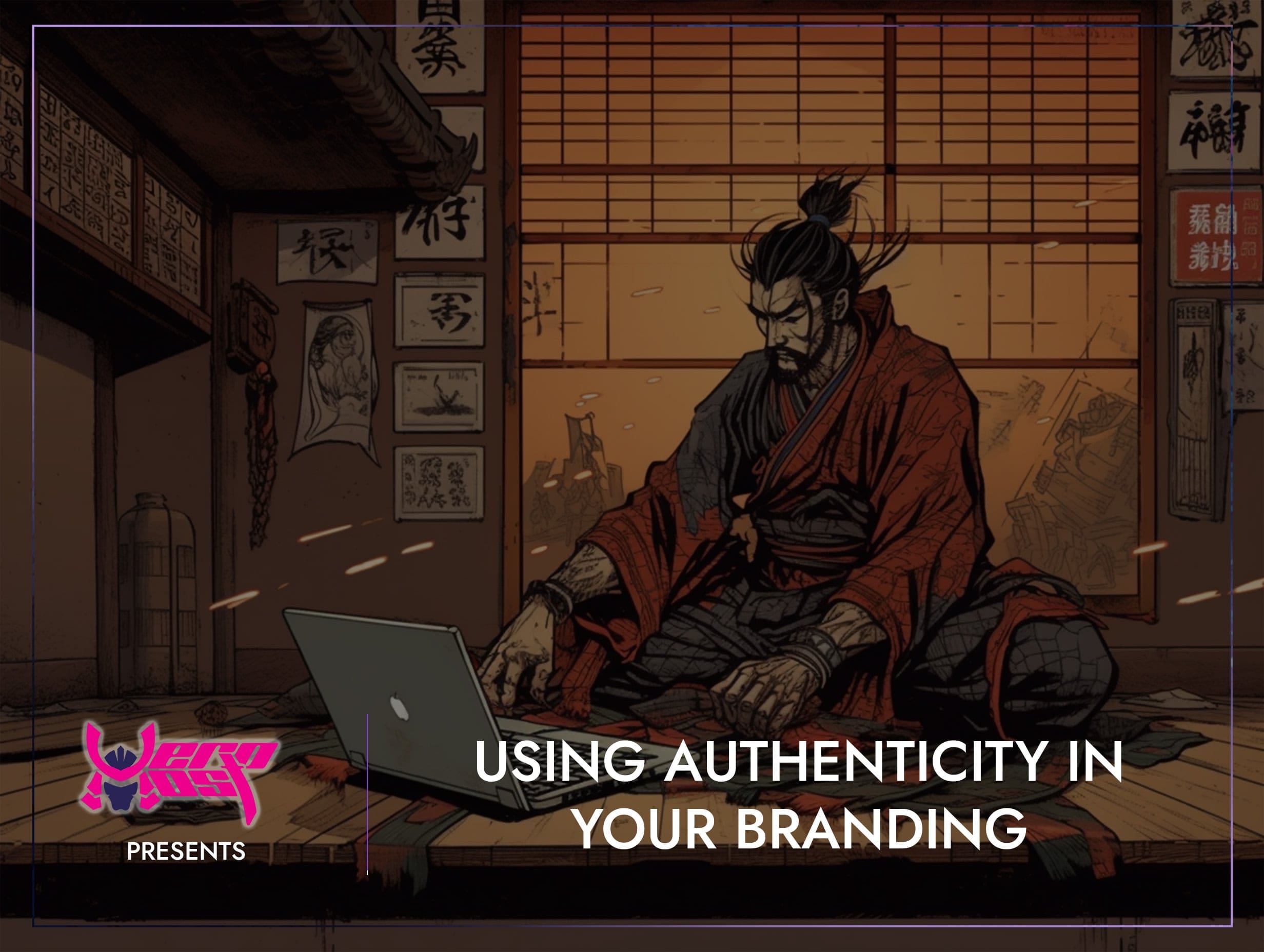
- Mikey Ryu
- March 6, 2024
- 0
Infusing Emotion into your brand story
Using Emotion in Your Brand Story
In today’s competitive business landscape, establishing a strong emotional connection with your audience is essential for building brand loyalty and differentiation. One of the most effective ways to achieve this is by infusing emotion into your brand story. By tapping into the power of storytelling and evoking genuine emotions, you can create memorable experiences that resonate with your audience on a deeper level. In this blog, we’ll explore why emotional storytelling is important, how it can benefit your brand, and practical strategies for infusing emotion into your brand story.
Why Emotional Storytelling Matters
Emotions play a significant role in human decision-making and behaviour. When consumers feel emotionally connected to a brand, they are more likely to develop brand loyalty, advocate for the brand, and make repeat purchases. Emotional storytelling allows brands to create meaningful connections with their audience by eliciting feelings of joy, nostalgia, inspiration, empathy, or even sadness. By leveraging the power of emotion, brands can cut through the noise, stand out in a crowded marketplace, and foster long-term relationships with their customers.
Benefits of Emotional Brand Storytelling
Infusing emotion into your brand story offers numerous benefits for your business:
Builds Trust and Credibility:
Emotional storytelling humanises your brand, making it more relatable and authentic in the eyes of consumers. When customers feel a genuine emotional connection with a brand, they are more likely to trust its messages and perceive it as credible and trustworthy.
Creates Memorable Experiences:
Emotionally engaging stories are more likely to be remembered and shared by consumers. By creating memorable experiences that resonate with your audience on an emotional level, you can increase brand recall and word-of-mouth referrals.
Drives Customer Loyalty:
Emotionally connected customers are more loyal and committed to a brand. By fostering emotional bonds with your audience through storytelling, you can cultivate a loyal customer base that chooses your brand over competitors time and time again.
Differentiates Your Brand:
In a sea of competing brands, emotional storytelling can help your brand stand out and differentiate itself. By showcasing your brand’s values, personality, and unique story, you can carve out a distinct identity that resonates with your target audience.
Practical Strategies for Infusing Emotion into Your Brand Story
Now that we understand the importance of emotional storytelling, let’s explore some practical strategies for infusing emotion into your brand story:
Know Your Audience:
Understand the hopes, dreams, fears, and aspirations of your target audience. Tailor your brand story to resonate with their emotions and experiences, making it more relevant and compelling to them.
Identify Core Emotions:
Determine the key emotions you want to evoke in your audience—whether it’s joy, nostalgia, inspiration, or empathy. Craft your brand story around these core emotions, using storytelling techniques to elicit emotional responses from your audience.
Use Authentic Stories:
Authenticity is crucial in emotional storytelling. Share real-life stories and experiences that demonstrate your brand’s values, mission, and impact. Authentic stories resonate with audiences on a deeper level and are more likely to evoke genuine emotions.
Show, Don’t Tell:
Instead of explicitly stating emotions, show them through vivid imagery, descriptive language, and compelling storytelling. Use sensory details, dialogue, and character development to immerse your audience in the emotional world of your brand story.
Create Emotional Arcs:
Structure your brand story to follow an emotional arc, with a beginning, middle, and end. Build tension, suspense, and resolution to keep your audience engaged and invested in the story’s outcome.
Include Personal Narratives:
Incorporate personal narratives from real customers, employees, or stakeholders to add authenticity and relatability to your brand story. Personal stories humanize your brand and create emotional connections with your audience.
Conclusion
Emotional storytelling is a powerful tool for brands to connect with their audience, differentiate themselves, and drive long-term loyalty. By infusing emotion into your brand story, you can create meaningful experiences that resonate with your audience on a deep and personal level. Whether it’s joy, inspiration, empathy, or nostalgia, harnessing the power of emotion can elevate your brand storytelling and leave a lasting impression on your customers. So, embrace the emotional side of storytelling, and watch as your brand connects with hearts and minds in ways you never thought possible.
Search
Categorys
- Branding (12)
- Business Growth Guides (3)
- Business Insights (3)
- Content Marketing (43)
- Domain Authority (19)
- Email Marketing (28)
- Google Analytics & Search Console (5)
- Hack or Not (2)
- Hero Host News (0)
- Inbound Marketing (32)
- Lessons From Asia (40)
- Marketing Guides (11)
- Martial Arts Journey (14)
- Outbound Marketing (8)
- Search Engine Optimisation (SEO) (41)
- Social Media Marketing (38)
- Web Design (20)
- Website Hosting (4)
- Wordpress (2)






